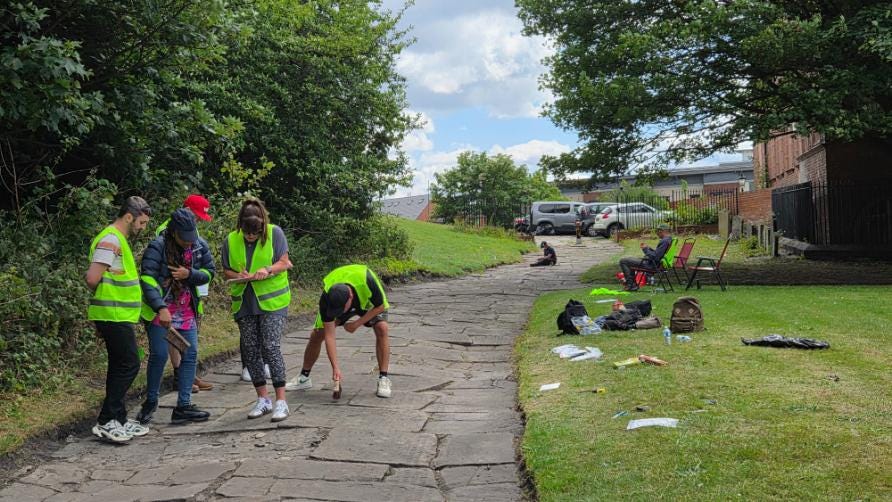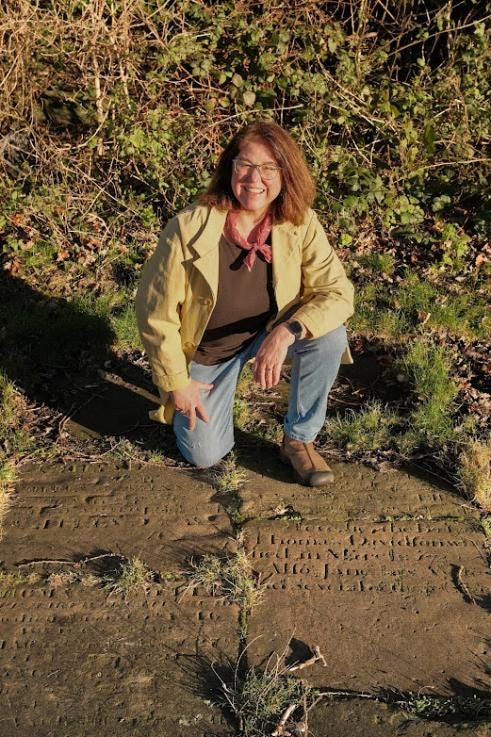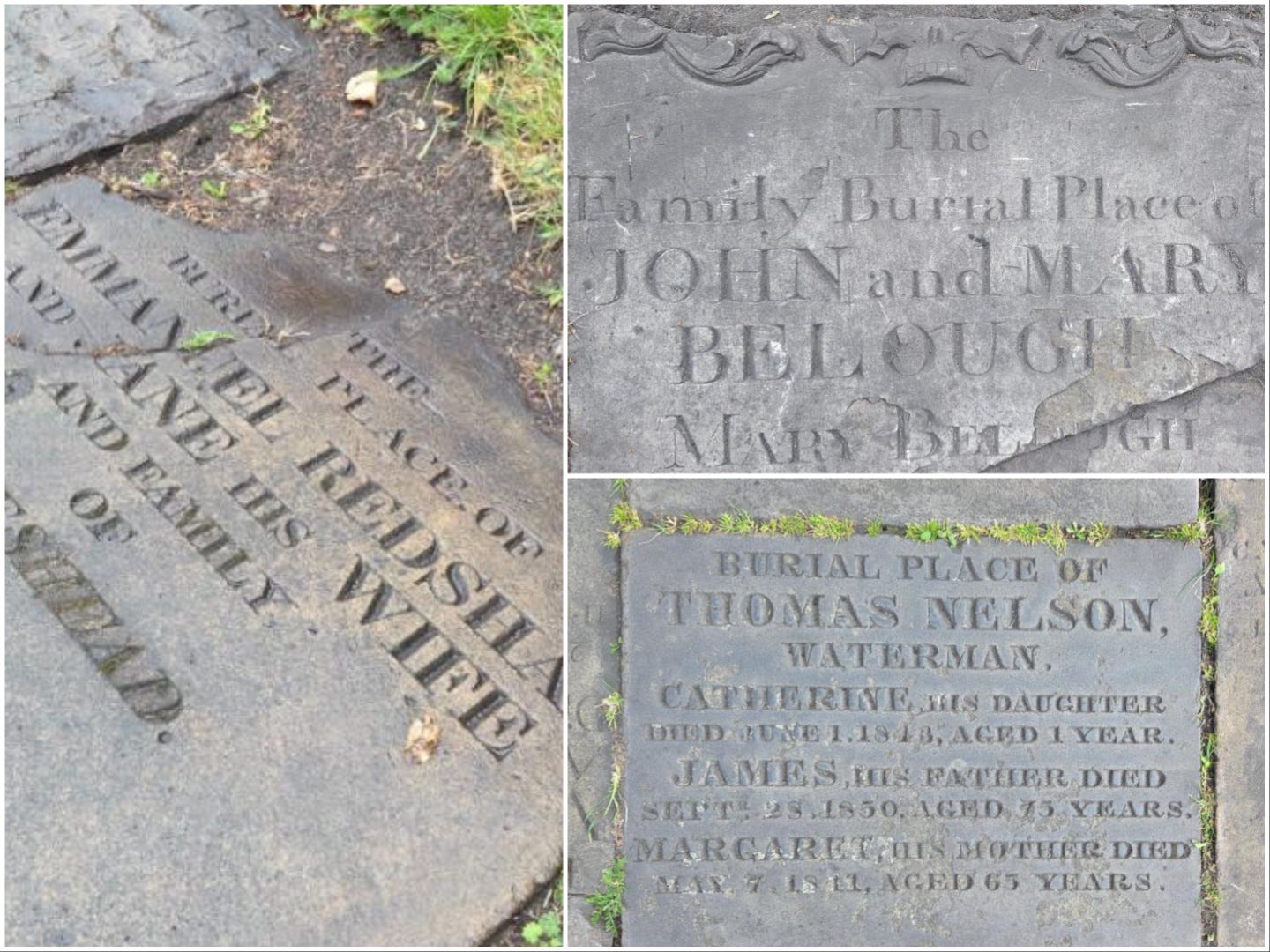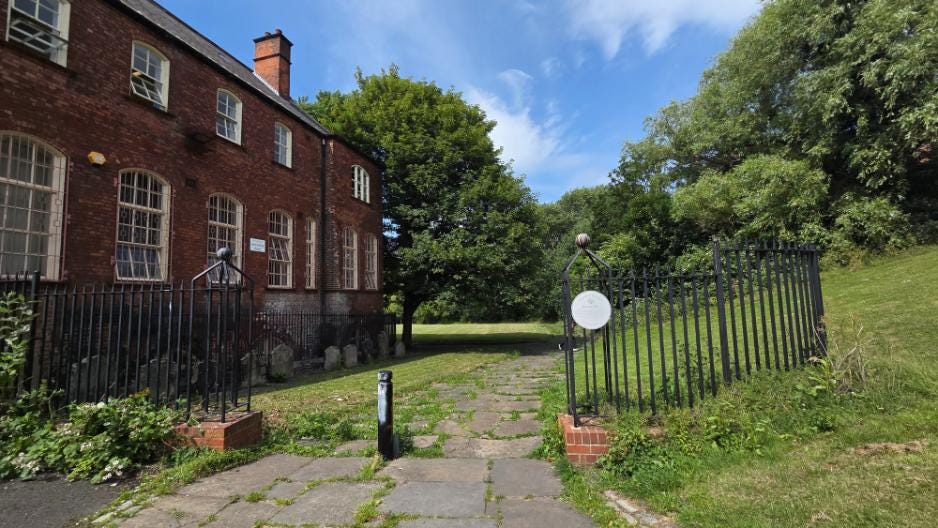Graveyard preservation network to launch in Newcastle
An event will set up a regional network to safeguard North East funerary and cemetery heritage. Tony Henderson reports
A network is to be launched dedicated to exploring, preserving, and promoting the cemetery heritage of the North East.
The North East Funerary Heritage Group (NEFHG) plans will be discussed at a public event on Wednesday (July 23) at 1pm in Newcastle Cathedral.
It will bring together the social history and glimpses of lives given by inscriptions on gravestones and mark cemeteries as historically important places in the region.
The new regional group is the idea of Newcastle University’s Dr Myra Giesen, who is leading the current project to explore the Ballast Hills cemetery on the edge of the Ouseburn Valley between Albion Street and Ford Street in Newcastle.
She said: “Funerary heritage is more than a reflection of how societies confront death. It is a celebration of life, memory, and identity. We honour the legacy of those who came before us while deepening our understanding of the human experience.
“It is a term that encompasses the cultural, historical, and artistic elements associated with the ways societies commemorate death and honour the deceased. It includes how communities handle the reality of mortality, providing insights into their beliefs, values, and traditions.
“Funerary heritage holds immense value for both individuals and societies. It offers cultural insight, providing a window into religious beliefs and social hierarchies of different times and places. Funerary monuments and decorations reflect the artistic styles and craftsmanship of their eras.
“For many, funerary heritage fosters a sense of connection to ancestors and a deeper appreciation of shared humanity.
“Exploring gravesites, inscriptions, and burial records can help individuals trace their lineage and uncover stories about their forebears, making it an invaluable resource for family history research. Protecting funerary heritage ensures that future generations can learn about and appreciate their cultural and historical roots.
“But preserving funerary heritage is not without challenges. Time, environmental conditions, urban development, and neglect can all take a toll on burial places, and cultural sensitivities and differing attitudes toward death and burial can complicate efforts to protect these sites.”
In Newcastle, cemeteries like St John’s in Elswick, Westgate Hill burial ground and Jesmond Old Cemetery are a “who’s who” of many notable 19th century figures who helped shape the city.
Newcastle City Council has been awarded a £176,466 grant from The National Lottery Heritage Fund for St John’s Cemetery and Westgate Hill, both of which are listed.
Westgate Hill was opened in 1829 because Newcastle’s churchyards were running out of space. Created by the Westgate Hill General Cemetery Company, it is one of the earliest garden cemeteries in England and the earliest in the North East.
St John’s Cemetery was opened in 1857 and was extended early last century, with nearly 1,050 buried there.
The cemeteries are in need of major restoration after suffering years of deterioration and anti-social behaviour.
An estimated 40,000 people are buried in the non-conformist Ballast Hill site, from the 1600s until the location closed in 1853. It has been described as the biggest non-conformist burial area outside London.
“Most people don’t know the site is a burial ground and we want to understand its national, regional and cultural importance as a non-conformist site. We are trying to bring to life the stories about the people who are buried there,” said Dr Giesen.
In 1884 the site was turned into an ornamental garden and from 1930 served as a children’s playground.
A 1903 report provides information from 946 gravestones which were then on the site. Some were laid upright to line the boundary of the site and others used as slabs to create paths which can still be seen today with their inscriptions visible, which are being cleaned and recorded by volunteers.
The Newcastle Cathedral launch will be an informal gathering designed to introduce the group and its aims, host a panel discussion on current challenges and opportunities in funerary heritage, explore shared priorities and identify future directions.
Dr Giesen said: “The event marks an important step in building a regional network for those who care about burial spaces and memorial traditions. NEFHG brings together researchers, local historians, heritage professionals, community groups, interested individuals, and policy-makers to foster collaboration, raise awareness, and promote respectful care for funerary heritage across the North East.”
Membership is free and open to individuals and organisations with an interest in funerary heritage.






